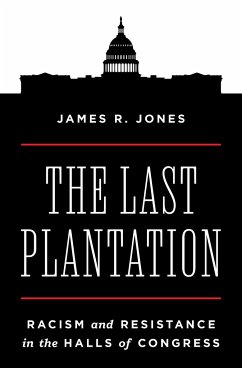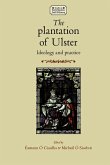"In the Last Plantation, James Jones uses the plantation metaphor to investigate how Congress operates as a racialized governing institution, a state body organized through racism that imposes the rules that structure our society along racial lines. He develops his argument in two parts by analyzing the career experiences of Black congressional workers. First, he shows how the congressional workplace produces inequality. Lawmakers' decisions to exempt themselves from the regulations that they impose on other employers have led to insular work processes that perpetuate racial inequality. They have created and managed an unequal workplace where positions are racially stratified, space is segregated, and identities and interactions are racialized. This hierarchy constrains the agency of non-White workers and leads to the credentialing of a White power elite. Second, he demonstrates how Black workers from legislative staffers to cafeteria servers have fought back against these unequal work processes and injustices on Capitol Hill. He shows how Black workers have reimagined Congress as a black capitol, a site of minority empowerment where they have used their institutional positions to promote racial justice. Examining these processes, The Last Plantation argues that Congress and its workplace operate both as sites of oppression and, through the labor of Black workers, as sites of resistance. By exploring the Last Plantation from "above" and "below," Jones shows both how racism is maintained by this governing institution and how racism is confronted. Through this argument, he develops a theory of legislative inequality to show how the unequal distribution of resources and rewards among workers influences the creation of public policy and the organization of the American political system. He draws on interviews with 75 congressional staffers, archival research, ethnographic observations, and statistical analysis of personnel records"--
Hinweis: Dieser Artikel kann nur an eine deutsche Lieferadresse ausgeliefert werden.
Hinweis: Dieser Artikel kann nur an eine deutsche Lieferadresse ausgeliefert werden.








